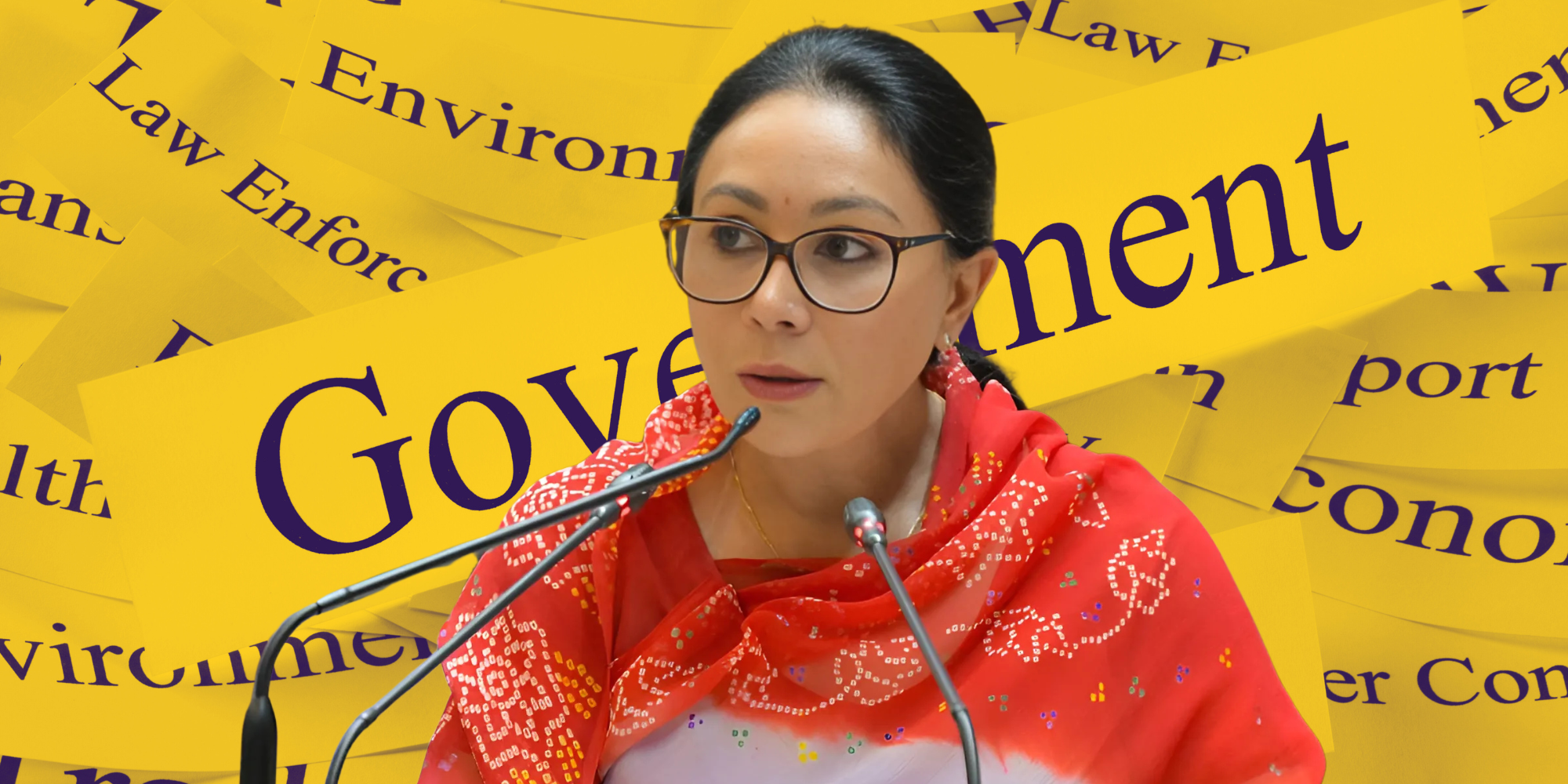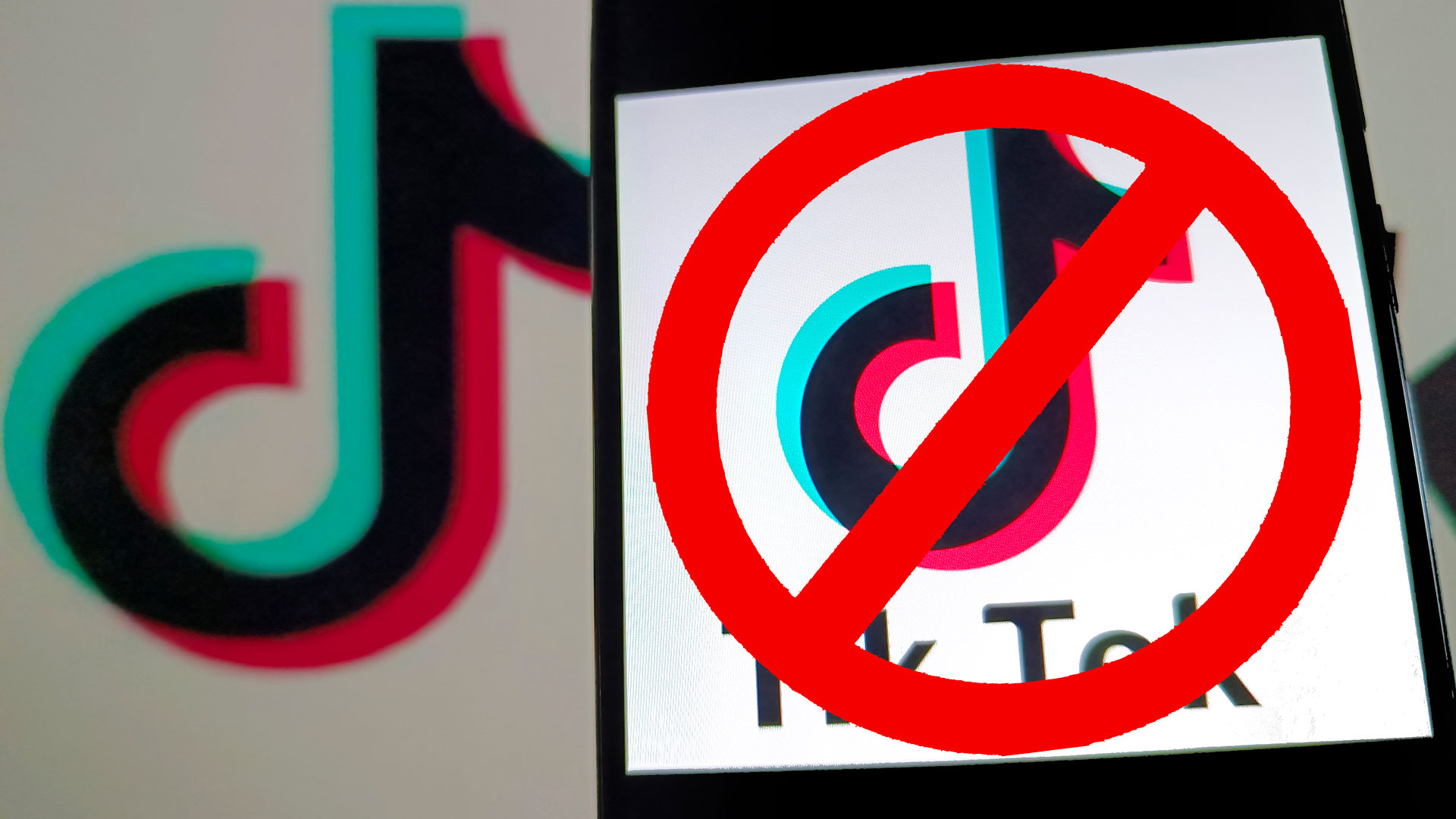The 4-day workweek is starting to look good to leaders in Davos
Still, advocates concede that various challenges still need to be navigated in order to achieve wide-scale adoption of the four-day workweek.

What once was a taboo subject among many leading business leaders was almost celebrated on center stage in Davos, Switzerland, for the World Economic Forum’s flagship event.
In a panel discussion at the annual meeting, experts weighed in on the benefits—and challenges—to be found in cutting a day out of the typical working week without reducing employee pay—a.k.a. the much-discussed but rarely seen four-day workweek.
Among the speakers was Jonas Prising, chairman and CEO of ManpowerGroup, who carried out a four-month trial of the shorter working timetable in a handful of its offices earlier this year.
The trial found that 90% of workers felt the change had improved their work/life balance, which drastically improved the number of employees who felt they had a long-term future with the company.
Avoiding ‘bifurcation of the workforce’
Prising told the audience at Davos on Wednesday that the four-day week comes down to trust in the workforce.
“I’m absolutely in favor—we have a great scheme at Manpower Group that we’re working toward, and I think that’s the way we’re going to be doing business going forward, giving people different choices, trusting their judgement,” he said.
However, he conceded that various challenges still need to be navigated in order to achieve wide-scale adoption of the four-day workweek.
“It’s not necessarily an individual choice, because being in a company is a team sport, so teams will have to decide how best to engage,” he said.
Prising added: “This needs to be equitably distributed across many categories of workers, not only knowledge workers, not only those who can work from home, but people who are in production lines, who are driving trucks, who are manufacturing. Otherwise we’ll have a bifurcation of the workforce and an unequitable distribution of this very valuable benefit that is truly something all workers are looking for.”
‘Really promising’ outcomes in the UAE
Ohoud Al Roumi, the UAE government’s minister for government development and the future, agreed that while cutting down to four days took a lot of hard work, the payoff was tangible—and not just for employees.
At the beginning of this year, the UAE cut its working week to four and a half days, meaning the weekend now begins at noon on Fridays and ends on Sundays. The scheme, which became mandatory for country’s public sector, was aimed at making the UAE a more competitive economy, officials said when they first unveiled it late last year.
The move also saw the UAE move away from its traditional weekend that ran from Friday to Saturday, with the working week beginning on Sunday.
Al Roumi said officials reached the decision to implement a four-day workweek because they believed there would be four key benefits: enhancing employee well-being; strengthening family and community bonds; better aligning with global markets; and improving the domestic economy, by encouraging people to spend by giving them longer weekends.
“We had to do a lot of preparations to make sure schools, hospitals, government entities were on board,” she said on Wednesday.
However, she added that preliminary data showed “really promising” results.
“Seventy percent of employees reported that they are working more efficiently, prioritizing and managing their time better during the week,” Al Roumi told Wednesday’s panel.
There was also a 55% reduction in employee absenteeism, and 71% of workers reported that they were spending more time with their families.
“When I went to the office on the Monday morning after the first long weekend, I asked colleagues how their weekend was,” Al Roumi said. “Some colleagues were lost—they said, ‘We don’t know what to do with the extra time.’ They needed time to adjust, and now they’re spending more time with their families.”
She added: “The results are promising but we are still monitoring it to make sure objectives are met.”
4-day week ‘doesn’t go far enough’
Meanwhile, Hilary Cottam, an author and entrepreneur who works with governments around the world on addressing various social issues, argued that while a four-day working week is a “necessity,” the concept “doesn’t go far enough.”
“It doesn’t think about care of our children or our parents or just being with friends; [that] doesn’t happen in four days, it happens around the day,” she explained. “So, what we actually need to do is rethink the boundaries of time between work and care…and maybe we need some new boundaries so that we do have time to play and so on.”
She added: “A starting point would be working the equivalent of four days over a week…we’re talking about more time to be.”
‘For many workers, this is a nightmare’
Anne-Marie Slaughter, CEO of think tank New America, agreed that reconfiguring the week to distribute hours to suit employees was a positive solution.
“I think of it as 32 hours distributed as necessary,” she said during the session—but she suggested shorter working weeks would need to be addressed on a case-by-case basis.
“Different categories of workers have very different needs. When I first started writing about flexible work, I heard from lots of people who were working minimum wage [jobs] and didn’t have defined hours, they were working on just-in-time scheduling that meant they often didn’t have enough work,” Slaughter told the panel.
“From a societal point of view, yes, for knowledge workers, it’s fine—for many other workers, this is a nightmare. What they want is predictability: They need to know when they’re going to have childcare, they need to know they’re going to have enough hours to make it. And unless we address that, this will simply increase the inequity that we already see so dramatically much, much further.”
She added: “I think there’s a revolution here in agency, and that is good for society.”
Organizations all over the world have started trialing various versions of a shorter, four-day working week in recent years, with many reporting positive outcomes after slashing the length of time employees spend at work.
Microsoft Japan said in 2019 that its sales were boosted by 40% after the company decided to close the office on Fridays, while trials of a four-day workweek in Iceland were hailed an “overwhelming success” last year.
Trials continue to gain traction globally, with the U.K. government launching a pilot scheme that will see 60 companies with a collective 3,000 workers reduce their working weeks to four days from June.
The U.K. scheme is part of a worldwide effort by campaign group 4 Day Week Global, which will monitor the impact of a shorter working week over six months.
A further 38 companies in the U.S. and Canada are also taking part in the program.
This story was originally featured on Fortune.com












































































































































































.jpg)
%20Abstract%20Background%20112024%20SOURCE%20Amazon.jpg)




















